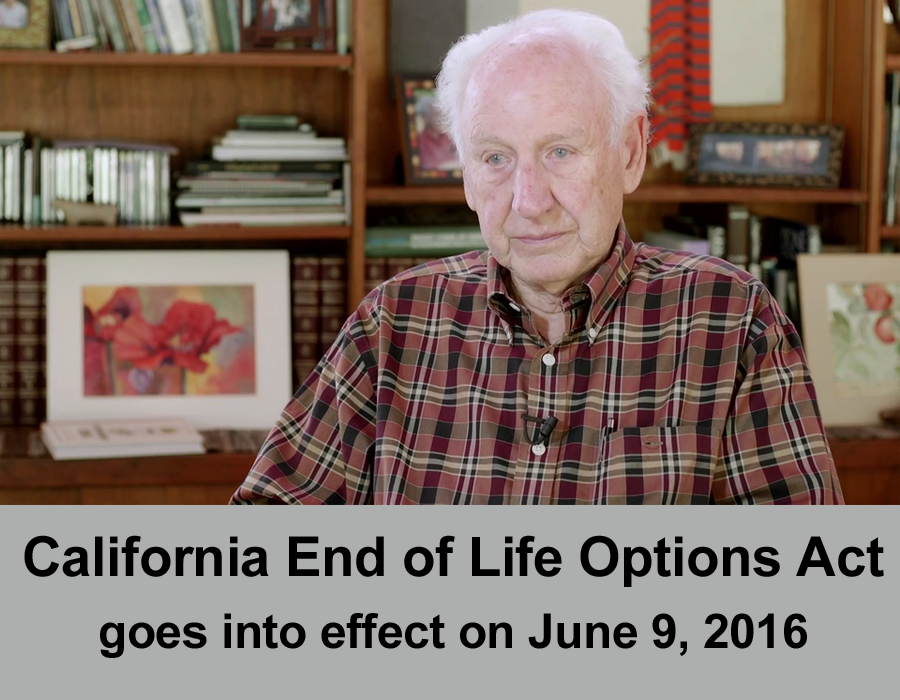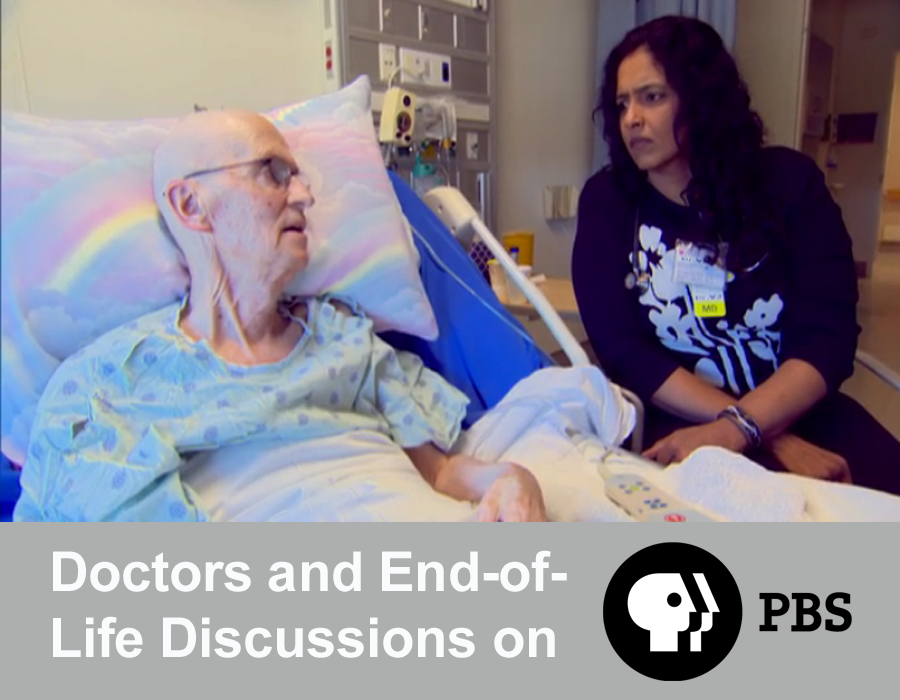 Susan Block, M.D.
Susan Block, M.D.
Dana Farber Cancer Institute & Brigham & Women’s Hospital,
Harvard Medical School Center for Palliative Care.
There are a number of basic principles that should govern our treatment of depression. The most important one is that treatment of depression in the terminally ill is possible, and we need to avoid therapeutic nihilism…Even in the last several weeks of life, depression is a treatable illness.
In this video module Susan Block, MD addresses the importance of recognizing and managing depression and anxiety in the context of life-threatening illness.
This educational material is meant to highlight why patients in the palliative care setting are especially vulnerable to depression and why it is vital that clinicians are vigilant in treatment of serious mood disorders in their terminally ill patients.
As you are viewing this video module, consider the following questions:
- What factors contribute to a patient’s ability to cope normally? What role do healthcare providers play in the mediation of patients’ psychological responses to illness?
- What are indicators of serious depression and mood disorders? How are they differentiated from normal coping behavior? What clues should clinicians be looking for in both their patients’ behavior and in their own behavior as a response to their patients?
- How can the exploration of a patient’s individual feelings and concerns provide insight into his/her treatment needs? What information can clinicians provide to reframe or address sources of anxiety for their patients?




